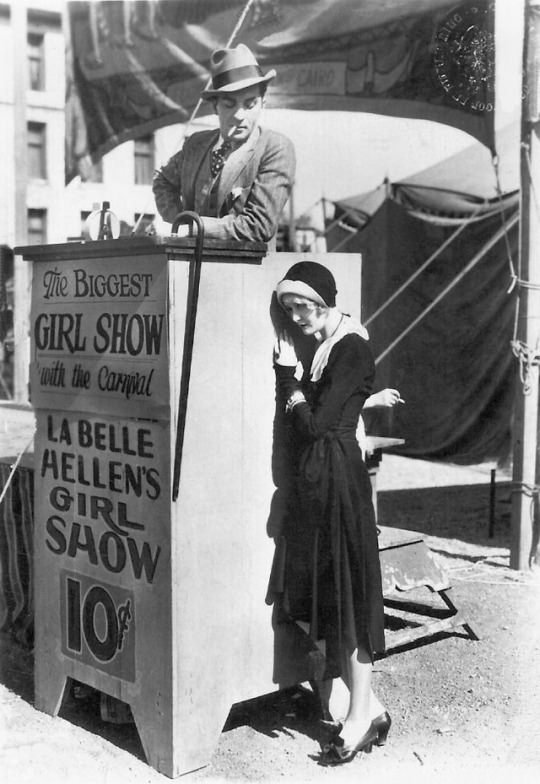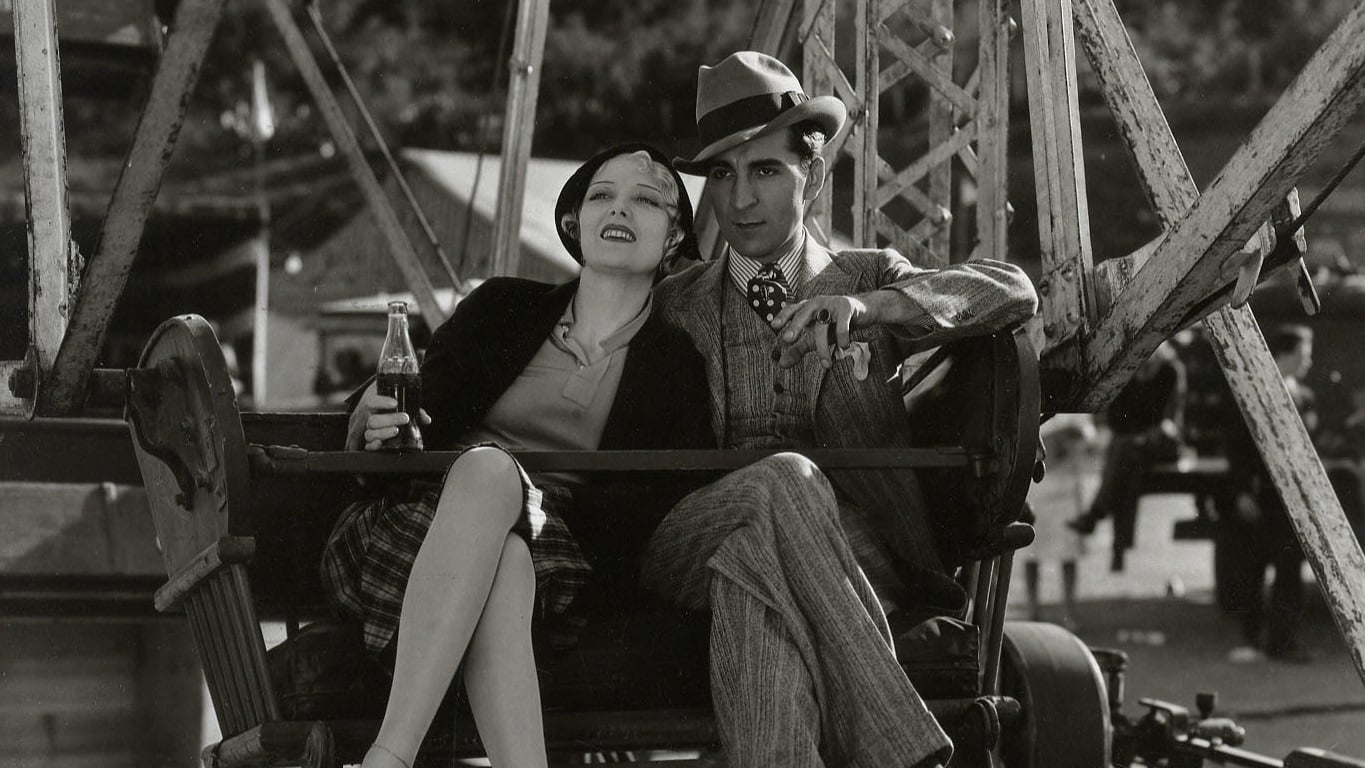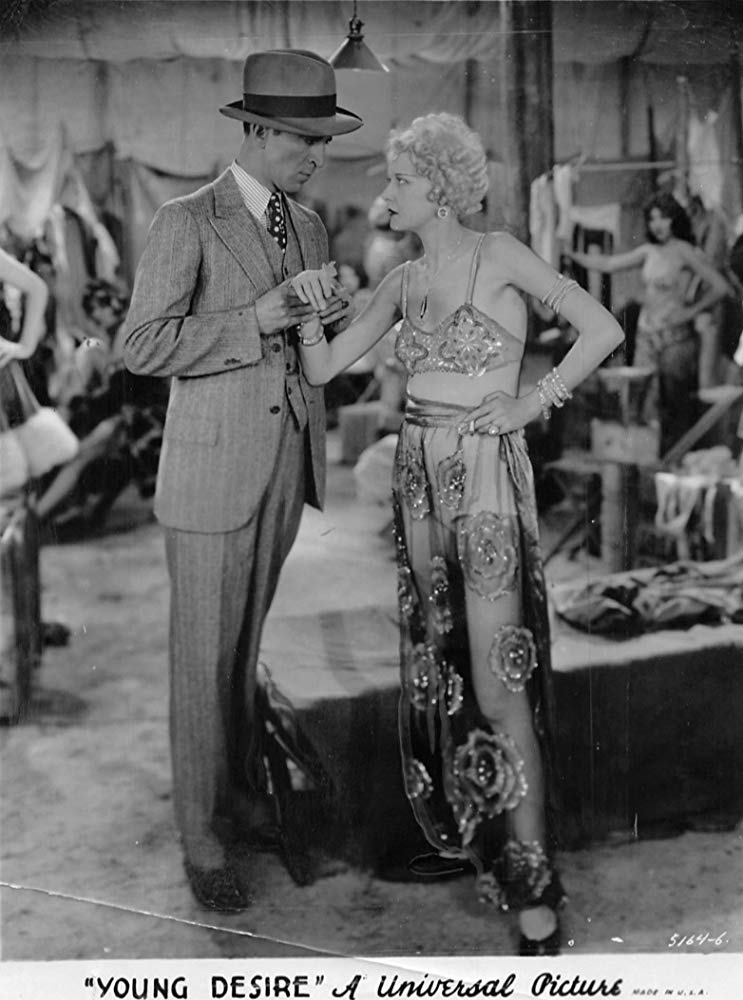
When people ask me about my combined interests in film and medicine, I answer that the essence of medicine is about communication, which is also the point of most films, so watching films makes me a better doctor, and practicing medicine makes me see films with keener insight. On a deeper level, since medicine is about understanding the “very processes of life,” and film is also an investigation of these “processes of life,” the two are organically the same, or at least are branches of the same tree.
The idea that medicine and art are intimately connected is ancient. Apollo was god of music, medicine, and knowledge, and over the years many doctors have had pursued careers in the arts (in particular, writing), with Anton Chekhov and Arthur Conan Doyle being two examples among many. Film has also been an attractive interest for doctors, two recent examples being George Miller and Michael Crichton.
I feel like my interests of film and medicine are parallel roads, sometimes coming close to each other, at other times diverging far apart. But occasionally these roads converge in a direct and powerful way, and this is what happened when I traveled to the Museum of Modern Art to watch a screening of an early sound picture, Young Desire, directed by Lewis Collins, with Mary Nolan, William Janney, and Mae Busch.
Pre-Codes can be corny or ultra-sophisticated, they can be social-action critiques or proto-fascist screeds. Sometimes, like in this film, they can just throw away any pretense and artifice, and give you emotions so painfully raw that you leave the theater with your heart in your throat.
The story itself couldn’t be simpler. A carnival sideshow dancer Helen (Mary Nolan) meets a naive young man from a wealth family, Bobby (Wiilam Janney). Her original plan is to take Bobby for all she can get, but when she realizes he is completely sincere in his interest, and does not care about her past, she falls in love with him, he asks her to marry him and she agrees.

But when his parents realize their son wants to marry someone who was part of a hoochie-coochie “girl” show, they do all they can to derail the romance. Bobby’s mother meets with Helen, saying to her, “If you really love my son, do what’s best for him and leave him.”

Helen, listening to this advice, and scared that she will ruin Bobby’s life, returns to the circus. Bobby follows her and proclaims he will join her in the circus if he has to, anything to stay with her. In desperation, Helen offers to take the place of the girl in the aerialist show, doing acrobatics on a platform suspended in a balloon 1000 feet in the air. High over the crowd, with Bobby watching, she decides she that the best thing she can do for the man she loves, is to step off the platform and Bobby will be rid of her forever.
The performances in this film are uneven, and there is much that is obvious in this down-and-dirty ‘sawdust-and-tinsel’ version of Camille. Yet what shines above all else in this film is the feeling of authenticity. You feel like you are in a mangy, terrible sideshow. You feel the desperation of all the characters, even the rich-boy Bobby, who knows he really has met someone who loves him deeply. But most of all, you feel the pain and weary fatigue from Mary Nolan, who was battling drug-addiction during the time this film was made, and would be out of films by 1933 and would die of a drug overdose in 1948. When you see Nolan’s eyes at the end of this film, you see the look of a woman playing a character who is converging into her own life. It is a haunted look, one that stays with you long after the film is over.
There are many other sad films from this era, such as Tabu, White Shadows of the South Seas, and of course, Make Room For Tomorrow. I am also a fan of Tabu, and agree that White Shadows in the South Seas is also very sad. And Make Room For Tomorrow is a better film in almost every respect.
Yet in all these films, even Tabu, filmed with non-professionals, I have a sense these are actors acting their parts. I know somewhere in my head and heart that Matahi does not die in the end but surfaces, a little short of air perhaps, but otherwise okay.
I don’t get that sense from Mary Nolan’s character in Young Desire. She – or the larger sense, Mary herself, is not going to be okay. In three years her drug use would end her film career & by the next decade she would be dead.
In my day job, I see a lot of homeless people dealing with heroin addiction. To me, it’s the most evil of all drugs because it robs people of the most precious gift we can give ourselves, the gift of dignity. And the loss of dignity is what I was seeing while watching Mary Nolan’s face.

For me, this movie is about the chipping away of her dignity, her attempts to get it back, and then culture and society – like a giant unseen hand – forcing her back into what she was. That’s the look Nolan has in the film – whatever demons she conjured up to get the look, that’s it – I know, because I see it when I go to work – a look of trying to hold onto whatever shred of humanity you have against an enemy that is always trying to steal your soul.
I see this in Mary Nolan’s eyes, a look just like my patients at the clinic…and that’s why for me, this film is so close to home…and so incredibly sad. For a brief time, my worlds of medicine and movies, my vocation and avocation, my day job and night job, were the one and the same. On a completely personal level, because of who I am and what I do, this was the saddest pre-Code of them all.



2 thoughts on “Young Desire (1930) – The saddest pre-Code of them all”
Beautiful piece, Lokke, on a movie new to me. Your observations about Nolan and her character, and your patients, all trying to salvage some shred of dignity, of existing beyond the distorted versions of ourselves that life endlessly creates and presents to us as real, make a great case for this little movie. Hope I get to see it one of these days.
LOKKE, YOU ARE A PIECE OF WORK… BEAUTIFUL AND SAD, UPLIFING AND WITH WONDER…
J
A MAN FROM THE NORTH.